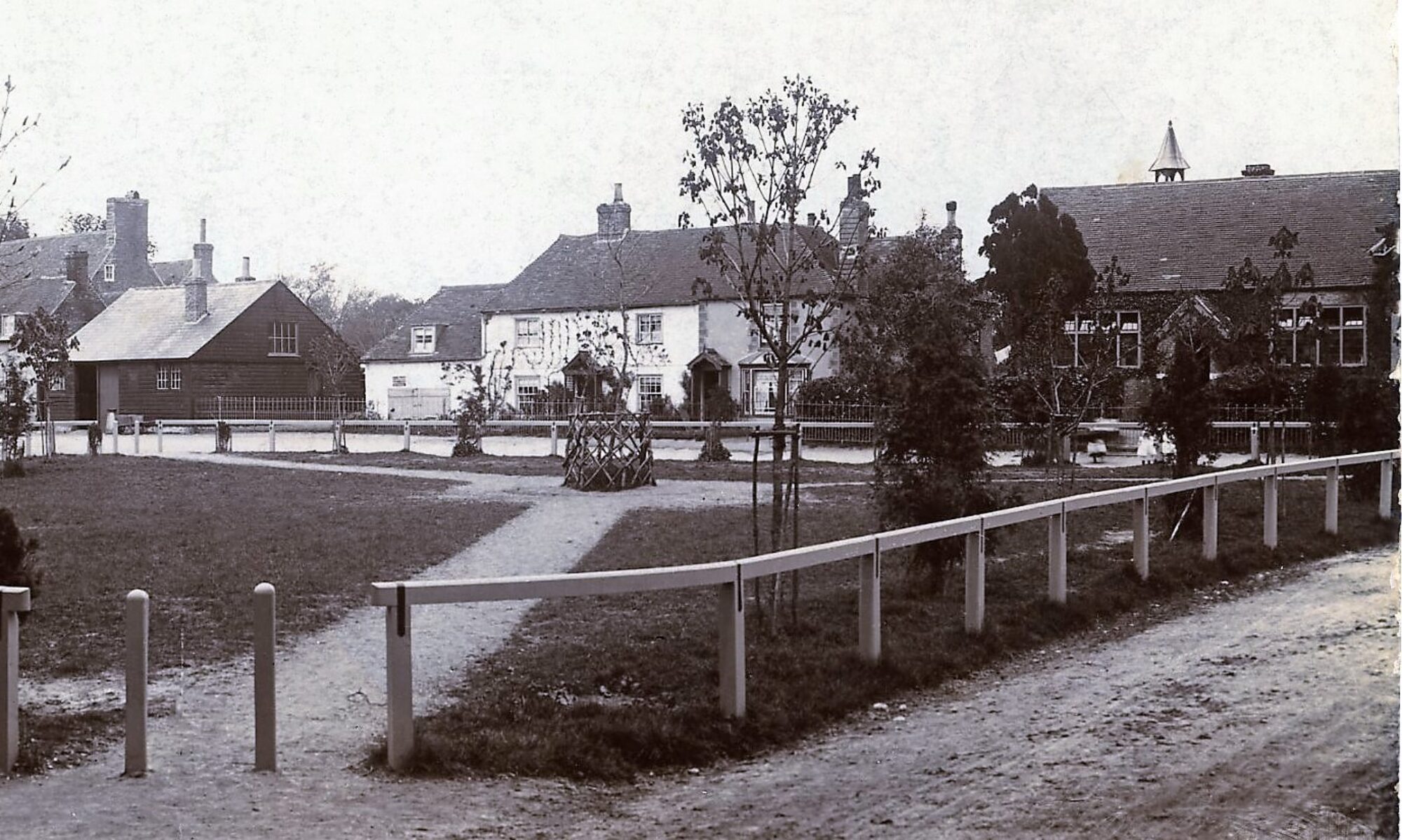Alfred Henry Weller 1887-1916
A miner at Snowdown Colliery and captain of Shepherdswell football team, Alfred Weller (known as Harry) served in the army on three separate occasions. He was killed on 1st July 1916, the first day of the Battle of the Somme.
Born on 18th April 1887 to Charles and Jane Margaret (née Griffin), Harry was brought up in Lamorbey, near Sidcup, an area with a distinct rural air but undergoing a rapid increase in population. His father worked as a general labourer.
On 7th May 1904, three weeks after his seventeenth birthday, Harry travelled five miles to Woolwich to sign up for ‘short service’ (three years in the colours, seven in the reserves) with the Royal Engineers. His training took place in Aldershot. After six months, Harry was discharged as ‘unfitted for the duties of the corps’ – almost certainly for giving false information on his oath of attestation. He re-joined the army five years later, this time with the Prince Consort’s Own Rifle Brigade, probably again on a ‘short service’ basis. He spent a period serving in Calcutta.
In the years before the War, Harry lived in Shepherdswell, whilst working at Snowdown Colliery. He rented lodgings at 6 The Terrace and is also reported to have lived for a time on Cox Hill. In February 1913, he married Ethel Furnival and the couple had two children.
Harry was well known in the village due to his role in the Shepherdswell football team. At the time, the team was not knowing great success. Its game against Eythorne in September 1913 earned a report in the Dover Express (19th September 1913):
‘The match proved disastrous for Shepherdswell [who] unfortunately were only able to face their opponents with ten men, two of which were picked up on the field owing to the other picked men being compelled to work on Saturday afternoon. The match was, therefore, one sided throughout.’
Shepherdswell lost 20 goals to one – and the team’s only goal was scored by the captain, Harry Weller.
As a reservist, Harry was called up immediately war was declared. He landed at le Havre on 23rd August 1914 as a Private in the Rifle’s first battalion. He was injured in October, probably during the attack on Ploegsteert Wood, and returned to England to recover. Harry returned to France in March 1915 and took part in the Battle of Ypres, during which he was reportedly again injured.
Harry was made Acting Corporal on the eve of the Battle of the Somme. On the morning of 1st July, his battalion received ‘a special breakfast consisting of Cocoa, Bacon and Potted Meat sandwich’. Harry was one of 19,000 British troops killed during the assault on the German trenches later that day.
An officer in his Battalion, Second Lieutenant G. W. Glover, wrote: ‘the whole day was hopeless, […] continuous bombardment from the Germans, and our guns doing nothing […] The Germans managed their M[achine] G[un] fire […] to sweep the whole surface of the ground. They did it wonderfully but it was the cruellest slaughter.’
Harry Weller is buried in Sucrerie Military Cemetery, Colincamps, France. He is commemorated on the memorial on Shepherdswell Village Green.
Sources: NA: WO 95/1496/3; WO 372/21; WO 97/6200; Dover Express, 28 July 1916
